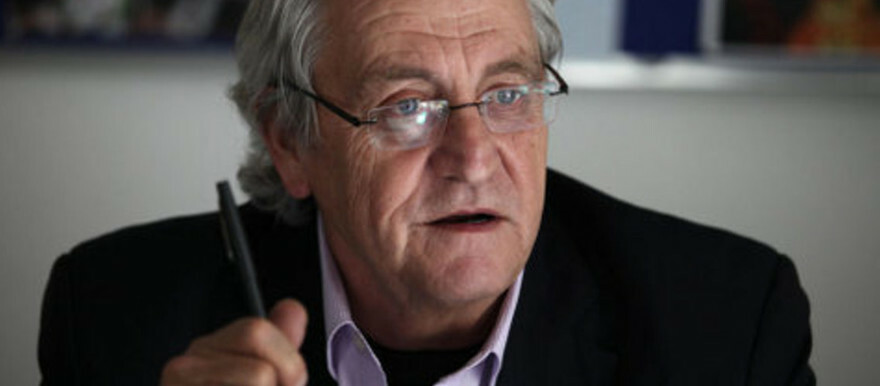UNMISS Head Nicholas Haysom has affirmed his dedication to supporting civil society organizations (CSOs) in enhancing their involvement in electoral and political processes.
During a video meeting with CSOs from the ten states and three administrative areas on Wednesday, Haysom discussed assessing the capacity-building needs of these organizations, facilitating monthly meetings of CSO networks, and maintaining regular engagement with the government as elections approach.
The interactive session primarily focused on prioritizing CSOs’ collective engagement in civic education and election monitoring. The participants also worked on developing an action plan for the upcoming months and a joint advocacy strategy for CSOs.
Addressing the 6th Quarterly meeting of the senior mission leadership of CSOs, Nicholas Haysom assured that UNMISS would provide full support to CSOs throughout the upcoming electoral and political processes. However, he urged CSOs nationwide to collaborate to ensure the active participation of women and other political parties in the electoral exercise.
“UNMISS intends to collaborate with you throughout the entire political event process, including the election, and we look forward to deepening our collaboration. Partnership strengthens us, and we acknowledge its importance. Therefore, we must work together to achieve critical aspects such as transparency in electoral processes and the inclusivity of all participants,” noted Haysom.
The Chairperson of the Civil Society in Ruweng Administrative Area, known only as Santino, expressed concern about the uneven participation of political parties in rallies as the election approaches. He lamented the lack of collaboration between civil societies in Ruweng and the government, emphasizing that this hindrance is impeding civic education at the grassroots level.
Santino pointed out the disparity in party engagement, stating, “Only one party is conducting rallies here, and we don’t see the inclusiveness of other parties. This is a concern for Ruweng CSOs. Despite our efforts to reach the government, there is a lack of acknowledgment and cooperation. The government is not recognizing the Civil Society organizations, and we aim to play a neutral role. It’s essential that the registration of voters takes place before the elections, but we are witnessing a lack of progress here in Ruweng.”
Wani Bosco Sebastian, the representative of Eastern Equatoria State CSOs, emphasized the importance of enlightening communities on electoral and political processes to build their capacity. However, he decried the insufficient funding for implementing key CSO priorities nationwide.
“To educate our community about the electoral process and underscore the significance of elections, we need to strengthen civil society with other peace partners through capacity building. This includes promoting participation and forming an inclusive CSOs task force for broader and mutual representation. While advocating for the localization of project activities at the state and, where necessary, county levels, there is a crucial need to enhance the capacity of CSO members to deliver the electoral process to the community on the ground. Currently, we are in the growing stage and lack resources, so we seek financial support from partners to enable us to provide services to the Eastern Equatoria community,” he explained.
Narie Simon, Chairlady for Civil Society in Malakal, is urging collaboration between the government and CSOs to boost the inclusive participation of women in the electoral process. She announced that CSOs in Malakal will soon organize a dialogue between CSOs and political leaders.
Narie emphasized the need for investment in comprehensive capacity-building programs to empower CSOs with essential skills and knowledge. She highlighted the importance of conducting dialogues with government officials and political leaders to foster cooperation, enhance communication efforts, and advocate for development. This involves engaging in activities such as networking, educating initiatives for the youth, and promoting awareness and participation for the inclusive involvement of women in the political process to ensure their active voting participation.
During the 6th quarterly meeting of the senior Mission Leadership and CSOs, the focus was on enhancing CSO participation in electoral processes. The resolution from the meeting aims to advocate for civic political space and create a conducive environment favorable for elections.




